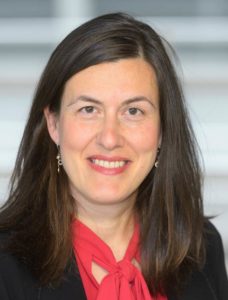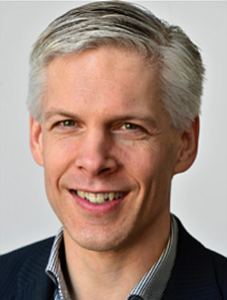About
The Nachwuchsakademie „Engineered Living Materials“ is a DFG workshop for early career investigators in Engineered Living Materials funded by the Deutsche Forschungsgemeinschaft (DFG, German Research Foundation).

Project description / Call for proposals
Early career scientists interested in this emerging and rapidly growing field will be interdisciplinary trained and prepared for the submission of their own project proposal at the DFG. The participants will have the opportunity to further develop their own innovative ideas and apply for the one-year funding to kick off their career in ELM.
„Engineered Living Materials“ (ELM) is rapidly growing as a new scientific discipline at the intersection of materials sciences, synthetic biology and biotechnology. ELMs change the paradigm of how materials are produced, applied and disposed of. ELMs rely on genetic programming of living organisms to achieve self-growing materials with complex functions. They provide innovation in construction and packaging materials and textiles, as integrated sensors and actuators, fuel cells or as smart drug depots. ELMs are on the science policy agenda in the U.S. with substantial funding fuelling ongoing innovations. Similarly, key innovations are coming from China and the UK. However, despite strong competences in underlying disciplines, ELMs are largely terra incognita in the German scientific landscape.
This workshop for early career scientists aims at initiating an ELM community in Germany, by accelerating interdisciplinary training and exchange among doctoral researchers and early postdocs in materials and life sciences, and by supporting direct implementation of innovative projects in the field.
Early career scientists will acquire complementary skills in ELM-specific research principles and techniques, they will enjoy seminar talks from invited international experts in the field, and they will receive feedback from experts to their own research ideas as well as career plans in a highly innovative field. With these skills, feedback, experience, and networking the participants will be optimally prepared to develop and perform innovative research on ELMs.
The Nachwuchsakademie targets the following profiles and project ideas:
- Materials scientists willing to make materials and/or devices or to provide them with functionalities by incorporating engineered cells as temporal or permanent components.
- Biotechnologists ready to grow materials and/or devices outside of the biotechnology reactor, ideally at the application site, in a controlled and safe manner
- Synthetic Biologists eager to adapt and apply genetic circuits to provide desired properties or functions to a tangible non-natural material or device (cell-free approaches are also included)
- Bioinformaticians interested in modeling, simulating or controlling the properties and functions of the resulting materials.
Project Coordinators
 |
 |
|
| Prof. Dr. Aránzazu del Campo
INM – Leibniz Institute for New Materials, Saarbrücken, Germany |
Prof. Dr. Wilfried Weber
BIOSS, University of Freiburg, Germany |
Petra Lück / Christine Hartmann
Event Management & Public Relations
INM – Leibniz Institute for New Materials
Phone: ++49 681 9300-283 / -244
Email: [email protected]
News
All newsPlease use the following link to see the list of funded projects:
The Deutsche Forschungsgemeinschaft (DFG, German Research Foundation) has established six new priority programs (SPP, Schwerpunktprogramme) which will start next year and will initially be funded for three years with a total of 44 million euros. The programs, which are interdisciplinary and characterized by the use of innovative methods, are intended to investigate the scientific basis of particularly current or emerging areas of research. This includes SPP 2451 “Engineered Living Materials with Adaptive Functions”. It is coordinated by the INM – Leibniz Institute for New Materials in Saarbrücken.
Read more in German: German Press Release
 The Third International Conference on Engineered Living Materials (ELMs) will gather the communities of material scientists, synthetic biologists, biotechnologies, and biophysicists interested in programming and creating biohybrid materials with life-like capabilities. Engineered Living Materials open new avenues for resource-efficient fabrication of high-performance materials, and envision materials with unprecedented property combinations like integrated multifunctionality, adaptability, resilience, or evolvability. The recent developments and future of this rapidly growing field will be presented and discussed at the conference.
The Third International Conference on Engineered Living Materials (ELMs) will gather the communities of material scientists, synthetic biologists, biotechnologies, and biophysicists interested in programming and creating biohybrid materials with life-like capabilities. Engineered Living Materials open new avenues for resource-efficient fabrication of high-performance materials, and envision materials with unprecedented property combinations like integrated multifunctionality, adaptability, resilience, or evolvability. The recent developments and future of this rapidly growing field will be presented and discussed at the conference.
The program will contain representatives from the academia, industry, regulatory agencies, and funding bodies to discuss the technical and environmental benefits and expected challenges of a functional marriage of non-living matter and living organisms. In parallel to the scientific presentations, dedicated discussion rounds on technology transfer aspects of ELMs will be organized.
For further information please see: www.livingmaterials2022.de




